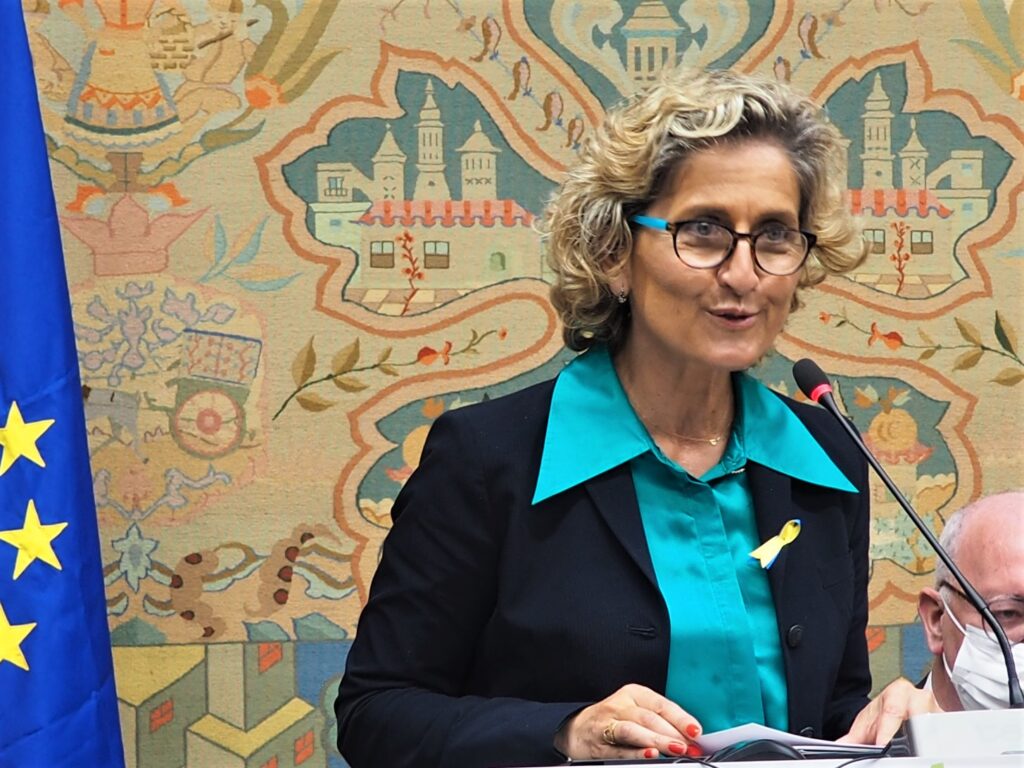Ana Abrunhosa, the Minister of Territorial Cohesion, said today that 47% of the municipalities have already signed transfer of competences within the scope of decentralization in Health, an area that she admitted to be the “most backward”.
“At this moment, we already have 47% of the municipalities that have signed the transfer documents”, said Ana Abrunhosa, on the sidelines of the Young Entrepreneurs Portugal Forum, organized by the National Association of Young Entrepreneurs (ANJE).
Speaking to journalists, the minister pointed out that, among the 22 areas that were decentralized from the State to the municipalities, Health is the one that “is lagging behind”.
“It is the area that is most backward, but for reasons that we all recognize as understandable”, said the minister, referring to the Covid-19 pandemic and the change of “the portfolio holder” of Health.
"Right now we have forecasts of significant transference signatures", added Ana Abrunhosa, noting that now, with the Social Action fulfilled, the objective is "to deepen decentralization".
The troubled decentralization process started in 2018 was consolidated on Monday with the definitive transfer to all municipalities of competences in the area of Social Action, which was the last sectoral diploma to be published.
The framework law for the decentralization of competences from the central State to local authorities and intermunicipal entities was published in 2018 and established decentralization in 20 areas (although today there are 22), in a generic way, which would later be developed into sectoral diplomas.
In the area of Health, the operational and financial management of the National Health Service (SNS) health centers in the respective geographical area will be transferred, namely the maintenance, conservation and management of equipment and logistical support services. The Central Administration remains responsible for logistical support related to medical equipment.
The municipalities also started to manage workers in the operational assistant career of the health center grouping units (Aces) and to participate in the planning, management and investment in new primary health care units.
In each municipality, a municipal health council will be created, which will be responsible for coordinating the health policy in the respective territory.
Municipalities are partners in disease prevention programs, primary health care, family health and healthy lifestyles and active aging.
Within the scope of the agreement signed between the ANMP and the Government for this sector, it was clarified that the central administration will ensure the financing of construction works, recovery/rehabilitation in a number of health centers, using funds from the Recovery and Resilience Program ( PRR) and Portugal 2030.
The agreement defined that the municipalities can have greater intervention in setting the hours of the health centres, eliminated norms that evaluated the levels of quality of service provided by the chambers and introduced a support program for the purchase of vehicles, financed by the Government.
Also in Health, the State will pay the costs of insurance for accidents at work, property and car insurance and the additional work of workers to be transferred, who will have the same ADSE and SNS regime applicable to Central Administration workers.



















Comments